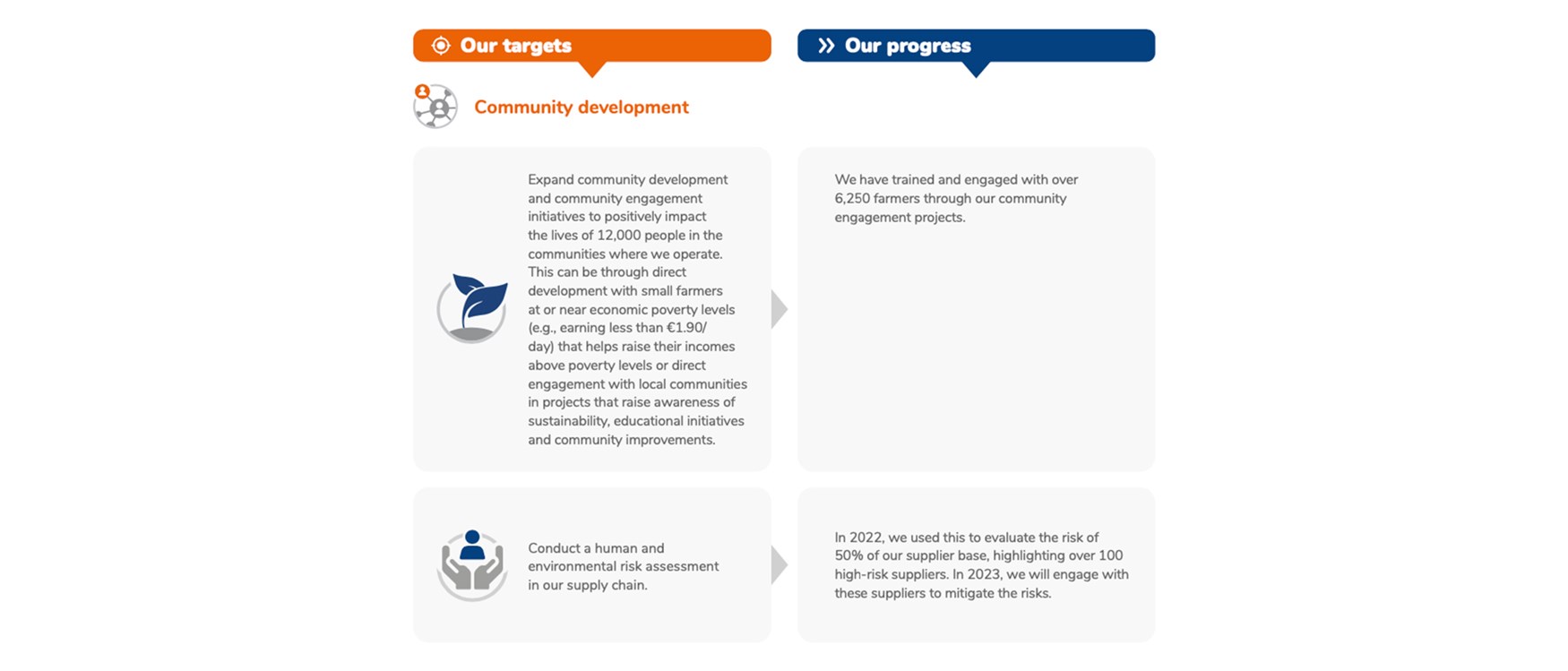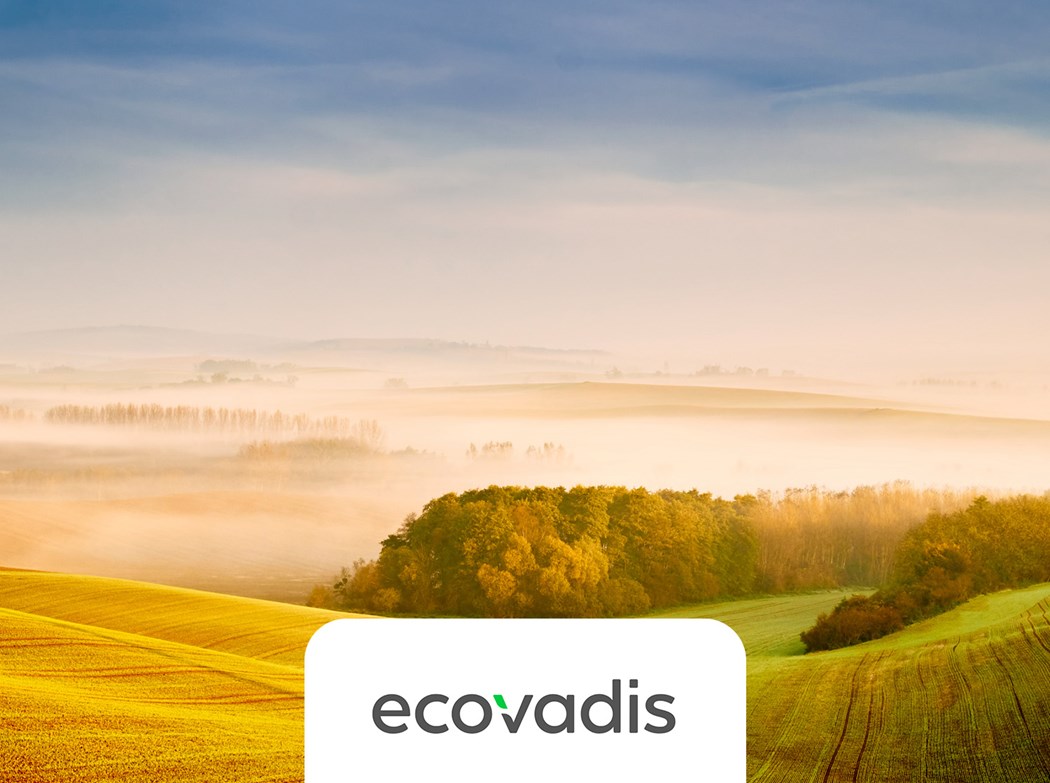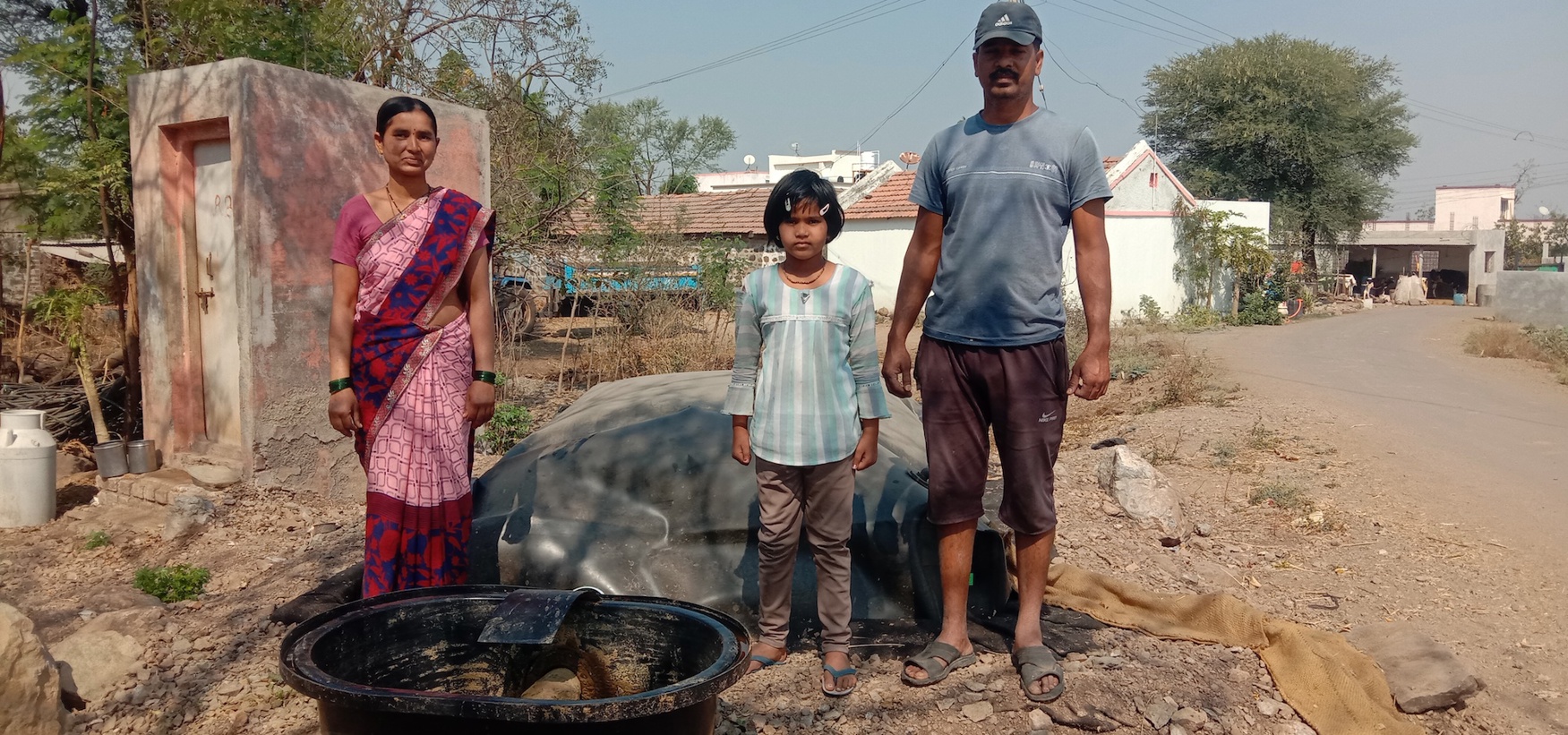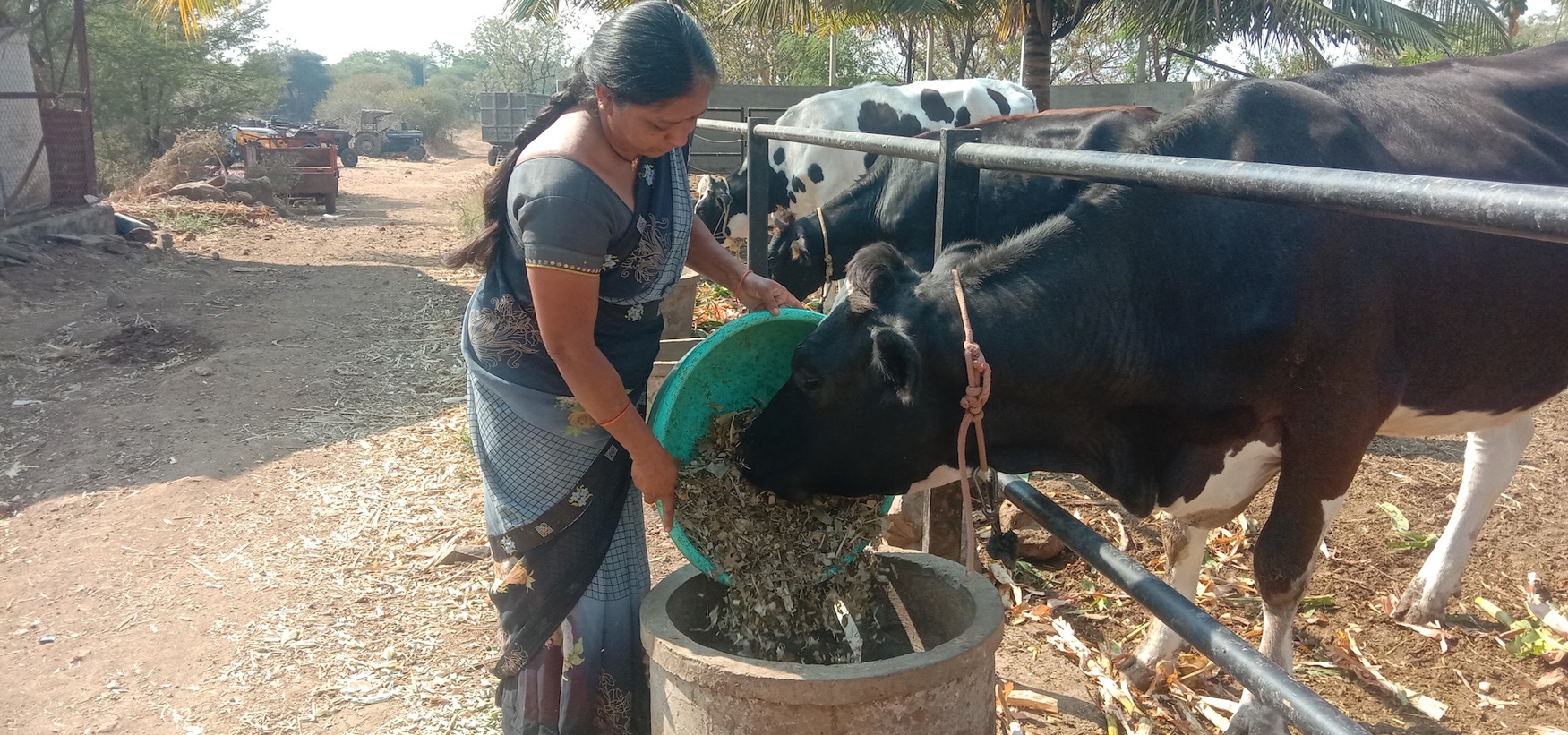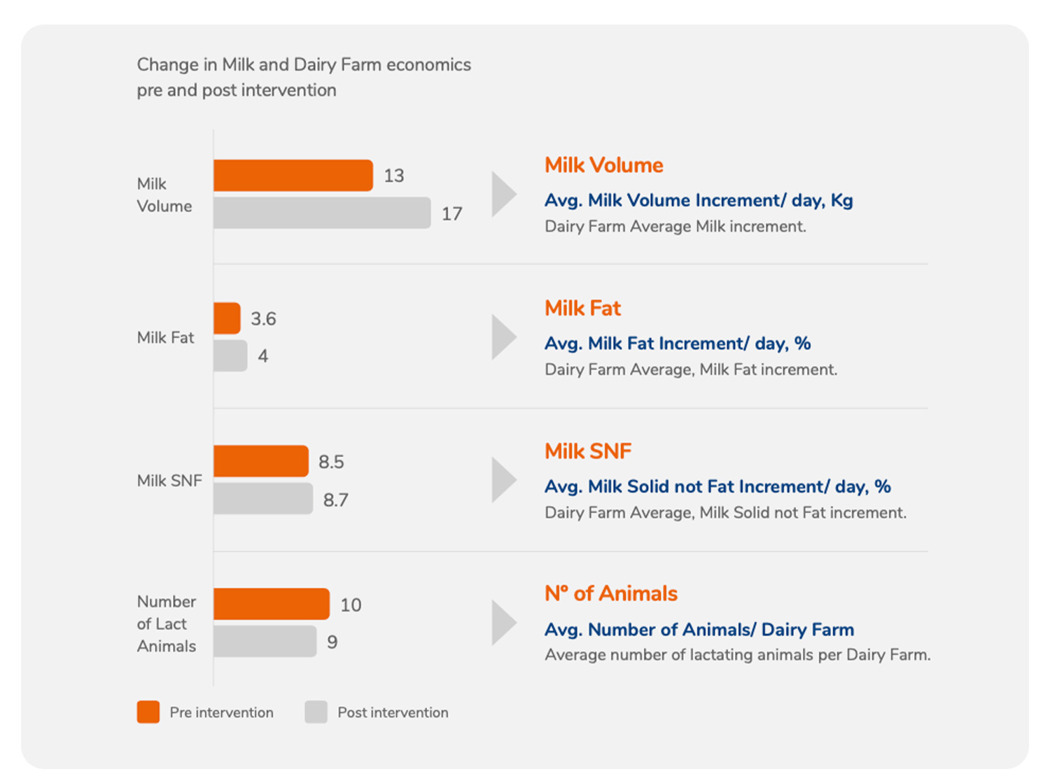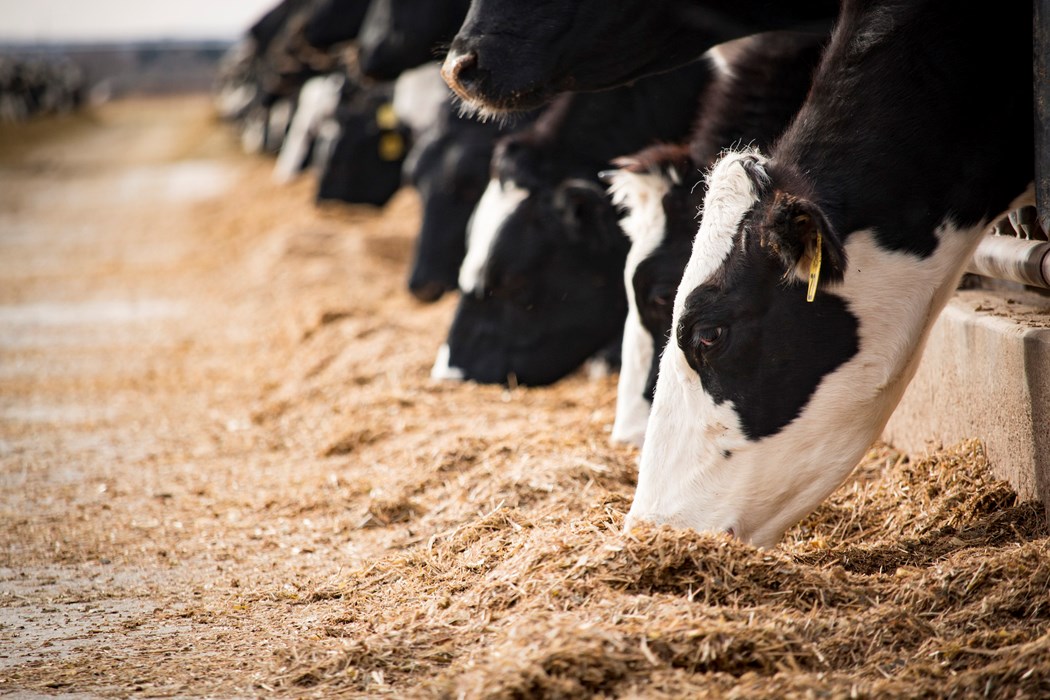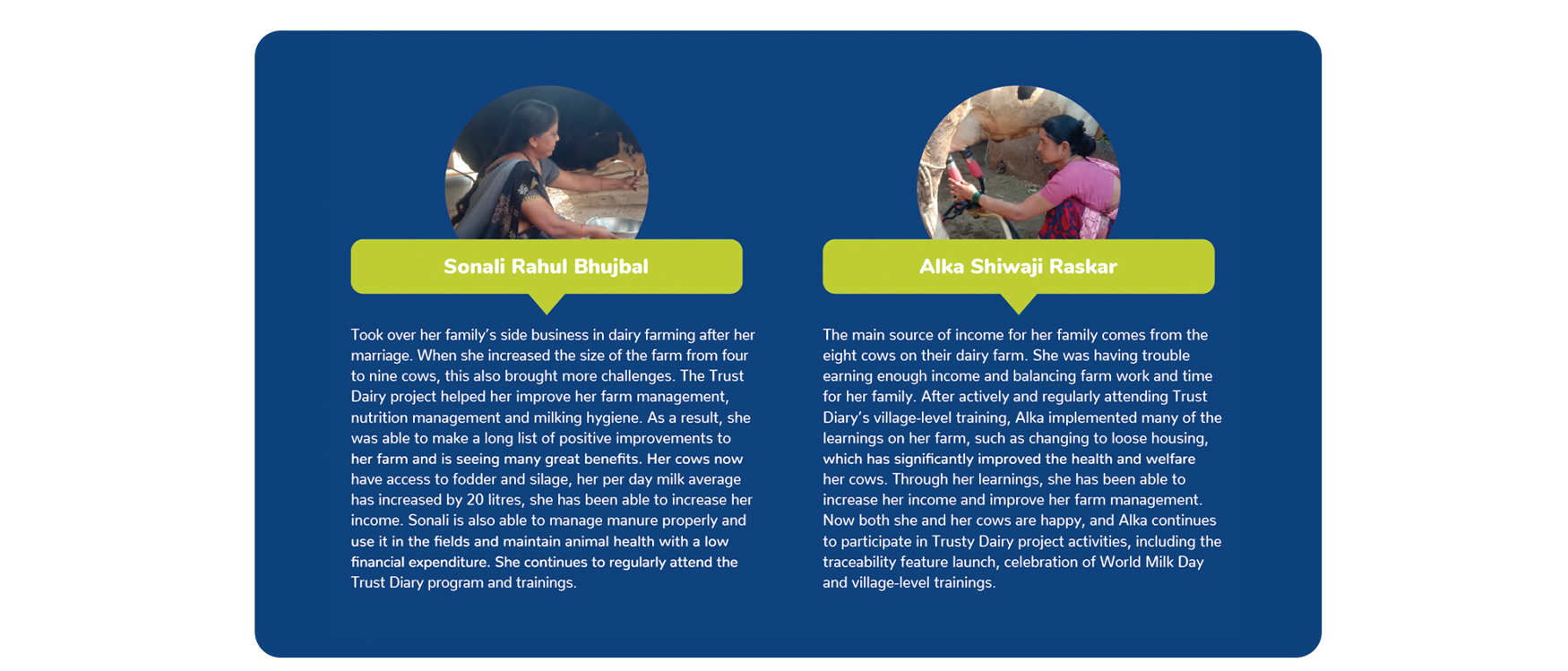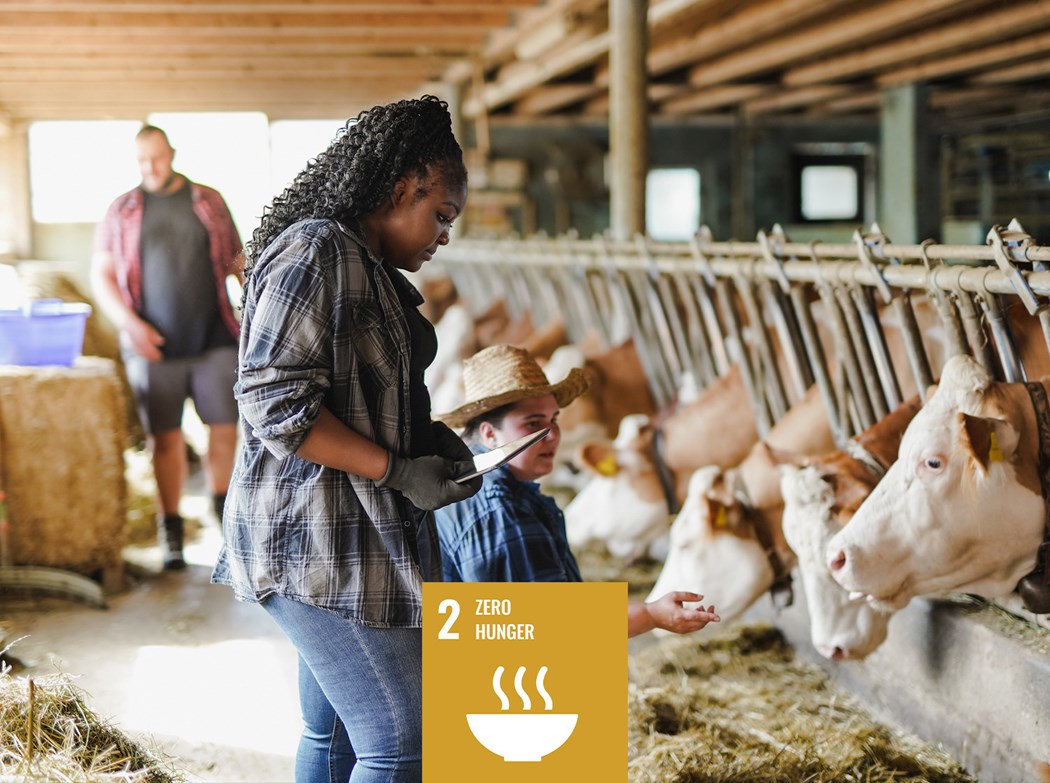
Social and environmental impact in our supply chain
The complex nature of the global commodity-based agricultural supply chains brings with it the risk of human and environmental abuses, particularly among our tier 2 and tier 3 suppliers.
While we have full control over our own operations, the challenge for Nutreco and other companies that operate in these global and complex supply chains is to engage with suppliers with whom we do not have direct relationships, to ensure they adhere to our high standards. We use tools such as our Code of Conduct Business Partners, compliance audits and the EcoVadis program to assess supplier risks and ensure suppliers are meeting our environmental and social standards or following steps to improve.
